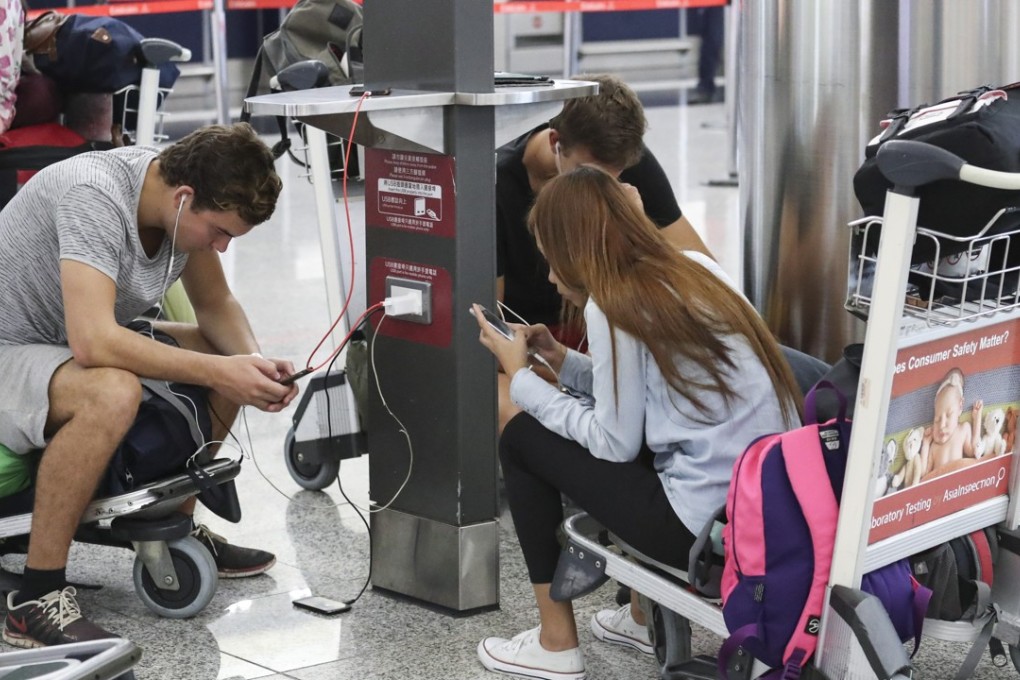Hongkongers have false sense of network security with public Wi-fi hotspots, global survey finds
Nearly 90 per cent of local respondents had used public Wi-fi to perform tasks that posed security risks

Hongkongers use public Wi-fi hotspots to do banking, share credit card information and even browse pornography on their smartphones and other gadgets, but most leave themselves vulnerable to online threats as they do so, a global survey has found.
Nearly 90 per cent of the city’s respondents to the survey had used public Wi-fi to perform tasks that posed security risks, but only one in four had taken protective measures, the report added.
Conducted by internet security firm Symantec between May and June, the survey covered more than 15,000 mobile device users from around the world who had accessed a public Wi-fi hotspot in the past, including 1,008 from Hong Kong.
It discovered that people around the world were unable to resist a free and strong Wi-fi signal. Nearly 60 per cent of respondents asked for the password of an available network within minutes after arriving at a cafe, hotel or a friend’s place.
More than half of the users were also willing to share personal details or grant the service provider access to their contact lists in exchange for a stronger signal.
Symantec noted that nearly half of those polled in Hong Kong had a false sense of security when using public Wi-fi, as 39 per cent believed their personal information was “somewhat safe” while six per cent even felt “very safe”.
But only one in four Hong Kong users said they took protective measures, namely using a virtual private network (VPN) that encrypts data sent via a public network and safeguards users against hackers and leaks.